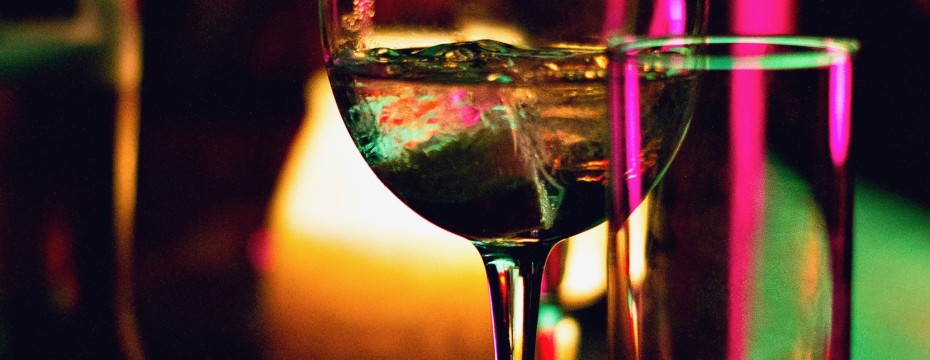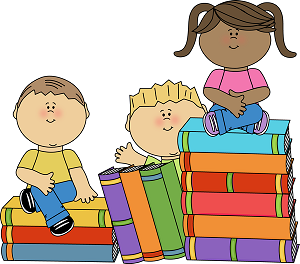My journey with spirits

Alcohol drinking patterns reveal a lot about the culture you are from. I would have never come up with this statement a few years ago, when I had a very black and white view of drinkers.
In India, I was raised to believe that “good” people don’t drink. My father in fact was a role model in this regard. He was known for having fruit juices and peanuts when everyone around him drank. Although we made fun of him for doing that, we actually respected him for resisting the temptation.
The society and films just reinforced that thought to a great extent. There were two extremes; either you didn’t drink at all or you got drunk, each time you drank. It was always the villains in movies who drank and did nasty things; the heroes rarely drank and always beat up the villains and saved people. So I grew up looking down on people who drank.
Life in undergrad did very little to challenge this notion because most of my classmates who drank, did it to get drunk. In fact during our farewell party, the sober ones became responsible for cleaning up the mess of our drunk classmates. We had to carry them back to the hostels or to the campus hospital for fear of alcohol poisoning.
Needless to say, when I arrived in the USA, I was completely unprepared for the amount of drinking that goes on at college campuses here. During the initial week of “international TA training”, all students, including Indians, organized an impromptu party for ourselves. To my shock, even the girl students from India were drinking beer! (Yeah, I know, I sound very, very fresh off the boat 🙂 ). Unfortunately, my assumptions about alcohol consumption were only strengthened, since my (Indian) roommate who proceeded to get drunk and hit on the girls, had to be taken back to the room, and needed care because he puked!
“They were right,” I thought, “people who drink are indeed irresponsible, leaving others to pick up after them”.
But during my first few weeks at USC, I also came in contact with DK, arguably, the most helpful guy on campus. He was the central point of contact for all Indians looking for temporary accommodation during their first few days.
We soon became roommates. At this point, I was shocked to see that DK had a mini bar and loved to mix drinks. That challenged my notion that I had held on dearly to, for years. He had almost an academic interest in mixing drinks and making cocktails. This was in fact the first time I could easily hang out with someone who did not force me to drink, just because he liked to. The vast majority of my experiences till then were with Indians who forced me try to drink. DK and I would have great conversations while he sipped his red wine and relished it, while I drank pomegranate juice.
As a pleasant surprise, even when I was invited to (American) undergrad parties, it was acceptable for me to not drink when others drank. For the first time I saw a new side to people who drank. DK, in fact, was such a responsible drinker that the one time he got drunk, he called me and asked me to pick him up. I started understanding the difference between responsible and irresponsible drinking. This helped tackle my belief so much that during my friend’s graduation party, when we toasted with a champagne, I chose to be a part of the toast. I didn’t like the taste of it (hence just the one sip), but I wanted to celebrate her success.
Then I moved to France for my post-doctoral research and this experience completely changed every notion that I held about people who consumed alcohol. In France, consuming wine and cheese was really common. People approached alcohol like coffee; even kids are given alcohol after a certain age, and parents drank with them, just like they would drink any other beverage. They have all kinds of alcohol to be consumed with different foods. In fact, they have it as a ‘digestif’ at the end of a meal.
This was the first time I was seeing alcohol being culturally consumed as a beverage. The pace at which they had alcohol (and the accompanying food) ensured that they would not get drunk. They didn’t drink to lose consciousness, they drank to enhance the experience of the food! Alcohol there was much cheaper and I got exposed to a lot more variety. I also partook wine and cheese at times, although the taste was not something I liked.
I realized then that the US and India are quite similar in the way they treat alcohol. They drink to lose consciousness, unlike France that drinks to be conscious of tastes. My view of people who drank had completely changed. I understood that India’s and even the US’s conservativeness with alcohol perhaps led to the ‘drunk’ behaviour.
This opening of mind helped me have close friends, and even a life-partner who relishes alcohol, but does so responsibly. My brother too, who does not follow traditions blindly, relishes its taste. In fact, we might have even made my mother taste it sometime! I am only glad for this transition, because although I still can’t get to like its taste, I understand now why some others enjoy it, just like food.
It’s not that drinking is irresponsible in itself, only people who cannot hold their liquor are, just like with everything else in life.





